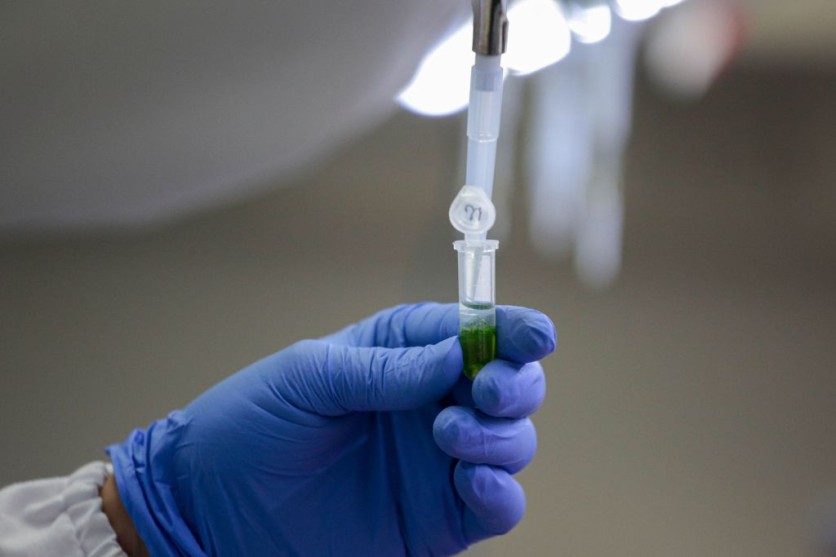Columbia University researchers have developed a "bacterial suicide squad" that targets tumors by combining discoveries in cancer immunology with sophisticated genetic engineering.
The researchers have created a probiotic strain of the bacterium E. coli, engineered with a synchronized lysis circuit, which triggers once the bacterial cells reach a quorum inside a tumor.
The circuit causes most of the bacteria to lyse, or break apart, ejecting their contents. The new work marks a significant step forward in efforts to enlist non-pathogenic bacteria to combat cancer.

Anti-Tumor Strategy
It has long been known that some species of bacteria can thrive inside tumors. The researchers built an anti-tumor strategy around this phenomenon, utilizing a probiotic strain of E. coli, which triggers a synchronized lysis circuit inside the tumor.
In addition, the researchers added genes to the microbes encoding proteins that block tumor cell growth or flag the tumor for digestion by immune cells.
The researchers found that different chemokines, immune system signaling proteins, attract different types of immune cells and stimulate them to respond in specific ways. The team included a mutated version of a human chemokine gene that attracts "killer" T cells.
To further augment therapeutic efficacy, the researchers added a second bacterial strain expressing another chemokine, this time to attract dendritic cells. Activated dendritic cells eat the tumor cells, then present their antigens to the T cells, which can then recognize the tumor cells better and respond to them more reliably.
The modified bacteria cause strong immune responses against nearby cancers that were not implanted with the bacteria as well as farther away tumors in rat cancer models. It also works to administer the bacterium intravenously.
According to the team, bacteria in other healthy organs cannot be found because they only colonize the tumor environment and only achieve a quorum level high enough to cause lysis inside the tumor.
Read Also : WHO Says This Bacteria Might Be Killing More Babies! Organization Says Vaccine Against GBS Urgently Needed
Clinical Testing
The system is still being improved by the scientists, who are also preparing it for clinical testing. They joined GenCirq, Inc. to further develop the therapy, and they have submitted a patent application for their method.
The project's researchers have studied how an immune response arises and are currently creating medicines that particularly target each of those distinct stages.
Dr. Nicholas Arpaia, assistant professor of microbiology and immunology at Columbia's Vagelos College of Physicians and Surgeons and senior author on the new paper, said, "through decades of research that's allowed us to understand how an immune response develops, we're developing therapeutics that specifically target each one of those discrete steps."
The team's findings were published in Science Advances.
Related Article : Researchers Put a Bacterium Outside of the ISS and Found That it Survived an Entire Year In Space

ⓒ 2026 TECHTIMES.com All rights reserved. Do not reproduce without permission.




